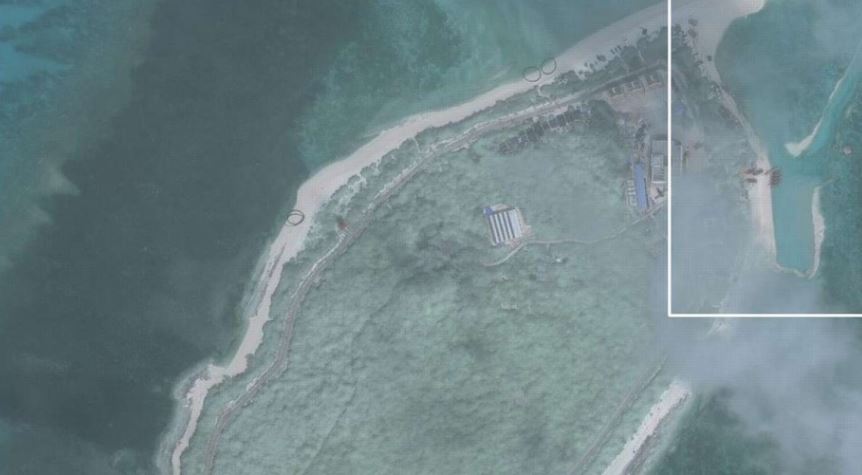From Nepal to Indonesia, few signs of progress for Belt and Road

Some Belt and Road projects have been canceled or have stalled recently, raising questions about the future of China’s newly constitutionally mandated mission to establish strong economic ties throughout Asia and beyond.
- Nepal has canceled a $2.5 billion deal for China Gezhouba Group to build a 1,200MW hydropower project in the country, SCMP reports. Deputy Prime Minister Kamal Thapa said that the project was “found in an irregular and thoughtless manner” and that it was “rejected under the direction of Parliamentary Committee.” A spokesperson for Nepal’s Ministry of Energy confirmed that the decision appeared final.
- Chinese contractors have “barely started” in Indonesia to build that country’s first high-speed rail line, a deal made in 2015, according to AFP. Since the project broke ground in January 2016, locals have seen “excavators flattening land but no track laid for the train, which is meant to start operating in 2019,” and there have been problems with “persuading villagers to leave their land on the proposed route,” AFP notes.
- “A planned railway to Uzbekistan…has stalled in large part due to opposition in Kyrgyzstan, through which the line would run,” AFP also notes.
Meanwhile, progress on a China-led regional trade deal may also be stalled, with no clear end point after 20 rounds of negotiation, SCMP says. A director of an economic affairs office in China’s foreign ministry admitted that the Regional Comprehensive Economic Partnership (RCEP) was “facing challenges,” though he denied that the source of those challenges was competition from the Comprehensive and Progressive Agreement for Trans-Pacific Partnership (CPTPP), a revival of the Trans-Pacific Partnership without the U.S. after the Trump Administration withdrew. But the SCMP puts it bluntly:
“The problem for China is that the seven countries that are aligned to both deals – Australia, New Zealand, Japan, Singapore, Brunei, Malaysia and Vietnam – might, after the progress made on the sidelines of the Apec summit, now favor the CPTPP over the RCEP.”
- U.S. in Asia
Donald Trump’s early summit exit casts doubt over US ties to Asia / SCMP
Why China waited for Donald Trump to leave to open the door to its financial sector / SCMP
“Beijing wanted to stress that it was opening the market wider on its own terms and not bowing to US or European pressure, analysts said.” - U.S. basketball players caught shoplifting
LiAngelo Ball, UCLA teammates flying home from China / China Sports Insider - Vietnam
China, Vietnam sign cooperation pacts in bid to play down South China Sea tensions / SCMP - Human rights
The Nightmare – An excerpt of lawyer Wang Yu’s account of 709 detention and torture / China Change - Xinjiang and Uighurs
Amnesty says China detains 30 relatives of exiled Uighur leader / Reuters - South China Sea
South China Sea code of conduct talks to be ‘stabilizer’ for region: China premier / Reuters
Trump’s South China Sea mediation offer gives smaller nations a bargaining chip against China / Quartz - Taiwan
Taiwan says shut out of U.N. climate talks due to China pressure / Reuters - Balancing and diplomacy
Russia, China, others boycott U.S. meeting at U.N. on Venezuela / Reuters
When Panama’s leader opens Beijing embassy during official visit, it will be a ‘decade-long dream come true’ / SCMP - Censorship
In China’s ‘democracy village’, no one wants to talk any more / Reuters






